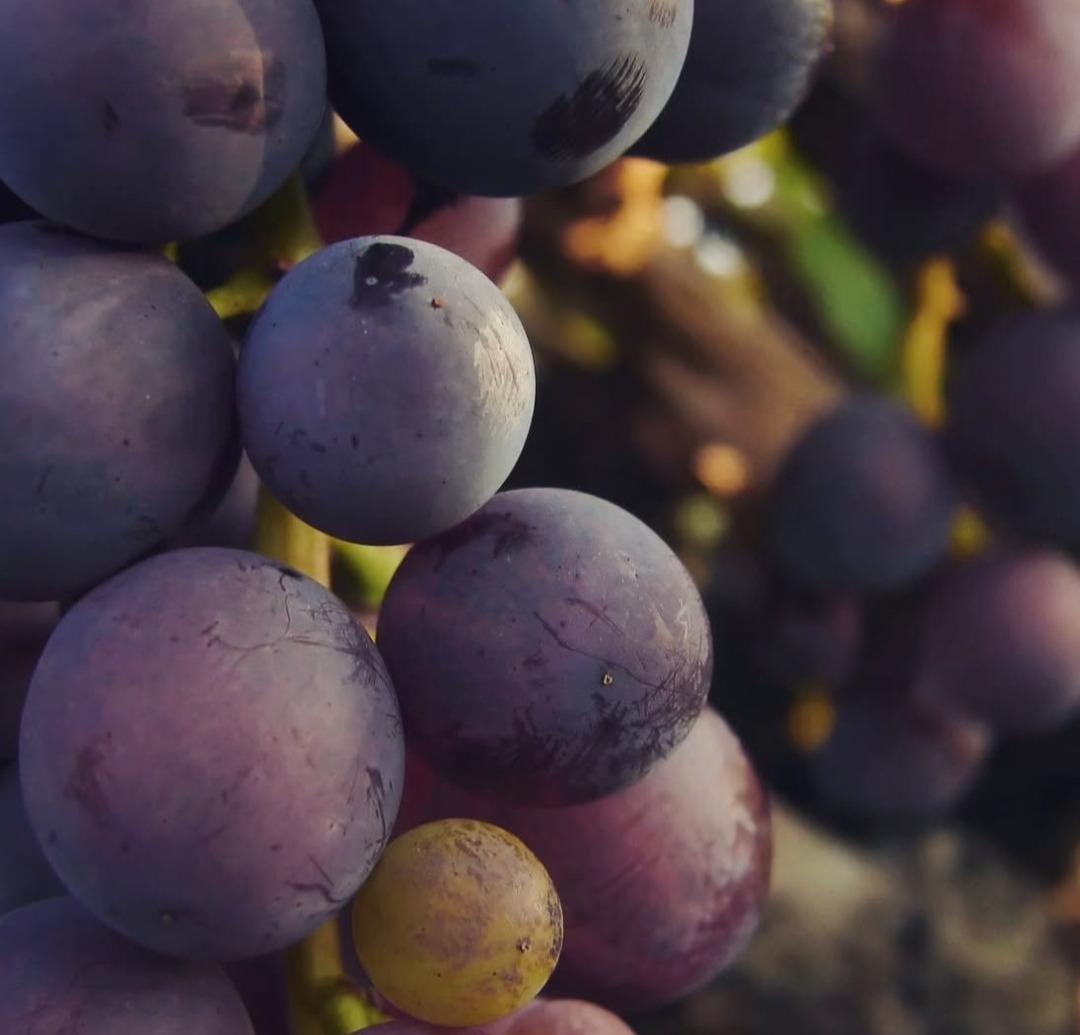Food. Love. Nature.

To live sensually is to dwell close to the earth. The morning sun spills across garden soil, warming vines heavy with tomatoes, herbs brushed by your fingertips releasing their wild perfume. Love lingers in the quiet gestures. Perhaps a hand on your back, laughter carried on the breeze, the tender silence of two hearts at ease, and then the meal: bread torn open, steam rising like an embrace, olive oil pooling golden in the light, wine poured slowly, generously. In these simple, rustic pleasures—nature, love, and food—the soul finds romance woven into the rhythm of daily life.
Growing up in a land of four true seasons meant that life itself moved to the rhythm of nature’s pulse, each turn of the year shaping not only the landscape but the way we loved, lived, and lingered together. The seasons were like lovers, each arriving with their own mood, their own flavor, their own way of touching the world and leaving me changed.
Winter wrapped us in its hushed embrace, drawing us close beside firelight where the air smelled of woodsmoke and bread still steaming from the oven. Meals were slow and heavy with tenderness—roasts falling apart at the touch, stews thick with roots drawn from the earth, flavors that warmed not only the body but the heart. Outside, the snow’s silence was a kind of intimacy, a reminder that love deepens in stillness, when the world narrows to warmth shared between two.
Spring came like a sigh after longing, soft, green, awakening. Tender shoots rose from damp soil, berries blushed against the tongue, and everything tasted of beginnings. Days lengthened into wanderings through blooming orchards, blossoms drifting down like blessings upon hair and shoulders. Even the simplest meal—peas snapping with laughter, greens dressed in dew, carried the intoxication of renewal, of desire stirring quietly back to life.
Then summer, bold and golden, pressed itself upon us with the insistence of abundance. Fruit burst against our mouths, juices dripping down wrists, corn blistered over flame, tomatoes heavy with sun. Nights hummed with cicadas, fireflies flaring like sparks of passion. Love stretched into the heat of those evenings, languid and unhurried, as though the world itself conspired to keep us in each other’s arms, skin still warm from the day’s embrace.
Autumn arrived with its grounding, the air sharp and clean, leaves crunching like whispered promises underfoot. Apples snapped between teeth, their juice sweet and tart at once; pumpkins and squash roasted with spice carried the comfort of home. It was a season of slowing down, of gathering close, of leaning into warmth before the frost. Even meals felt like an invitation to intimacy, bowls of soup steaming between us, candles flickering against windows darkened earlier each evening.
Now, in a land of perpetual summer, the rhythm feels flatter, the drama subdued. The heat presses in without reprieve, steering me toward lighter meals, cool fruits, crisp vegetables. Foods that soothe rather than weigh, flavors that taste of shade and water. Gravies and stews, once beloved winter staples, rarely find their way to the table.
The garden, too, has changed its language. The sun’s insistence decides what thrives and what surrenders, and I have had to learn a new kind of intimacy with the soil. At the farmers’ market, I run my hands over baskets of okra, fiery peppers, sweet potatoes drawn from sandy ground, each one a reminder that nourishment can be both humble and sensual. Choosing what to bring home has become its own romance, a quiet seduction of scent and texture.
At vineyards, muscadine grapes stain my lips with their stubborn sweetness—sun-soaked, thick-skinned, yet yielding their nectar in a burst of boldness. They taste like passion itself, resilient and unrestrained. Along the coast, fishermen return with the tide, their catch glistening with the sea’s breath—shrimp fragrant with brine, oysters rough and secretive until opened, flounder shining like liquid moonlight. To cook with them is to invite the ocean to the table, to taste its pulse and breath as though kissing the horizon itself.
And though I ache for the crisp bite of autumn air, for the way seasons once inscribed themselves into every meal and moment, I am learning the subtler romance of this place. Here, the seasons whisper rather than shout—woven into vines, tides, and soil rather than leaves and frost. The table is still seasonal, still sensual, still capable of intimacy. It is simply written in a new language, one I am still learning to translate, one that asks me to listen more closely, to touch more tenderly, to love differently but no less deeply.